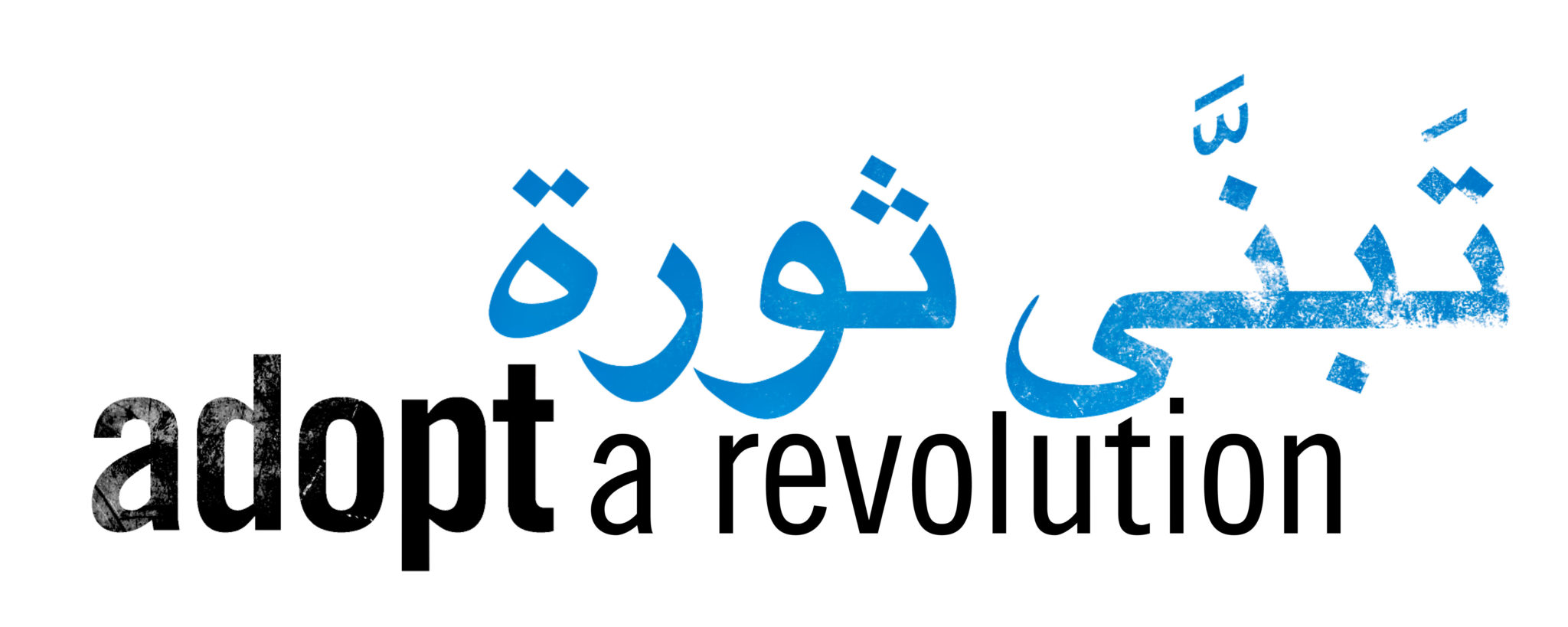Civil activism: Jadaliyya just presented different collectives of revolutionary photographers. The theatre group Hurriya wa bus (Freedom that all) released a new satirical prison sketch.
The talk about internationel intervention and weapons delivery to the Free Syrian Army got a new turn when this Tuesday the use of chemical weapons in Aleppo was reported. There seems to be little doubt that the substances in question were poisonous gas. However, it is not clear who used it against whom with rebels accusing the regime while the regime and Russia pointing to the rebels. According to the Daily Star, American experts analysed from the reported symptoms that it could have been neither mustard gas nor sarin, but possibly chlorine gas, in which case it was highly impossible that the rebels could have obtained it in such high quantities to inflict the reported effects.
Last year, the US government had called the use of poinonous gas a “red line”, threatening military intervention in case Assad used it against his people. Now, Obama demanded further evidence speaking from Israel, as the New York Times reported.
So far, the new US administration seems to have gone comparably soft on the Assad regime. While France and Britain are pushing to lift the ban on weapons deliveries to the rebels as the Christian Science Monitor reports, new Secretary of State John Kerry seems to lean much more towards compromise than his predecessor Clinton did. The blogger Najia has collected several hints, that Kerry is getting closer to Russia’s position, e.g. by suggesting Assad should be part of peace talks. Farid Ghadry is analysing European diplomatic statements and satirically deciphering them showing how frustrated France and Britain must be with the current Syria policy of the US.
The Nation explains why Obama’s hesitant position towards Syria makes sense and analyses the risks of distributing the much needed man portably air defense systems to combat Assads airstrikes. Light weapons in general could fall into the wrong hands and be used against Israel or in other regional wars. Therefore, Western powers are discussing to help out rebels with heavier weapons such as tanks which whereabouts can be controlled much easier.
A widely shared anlyses by Aron Lund questions the existence of the Free Syrian Army calling it a brand name more than an entity, leading to the question who distribute weapons to.
Recent reports about weapons coming in from Croatia have been verified by weapons expert and blogger Brown Moses. However, contrary to first reports claiming they were meant for non-Islamist militias he has spotted them with some of the most radical Islamists.

